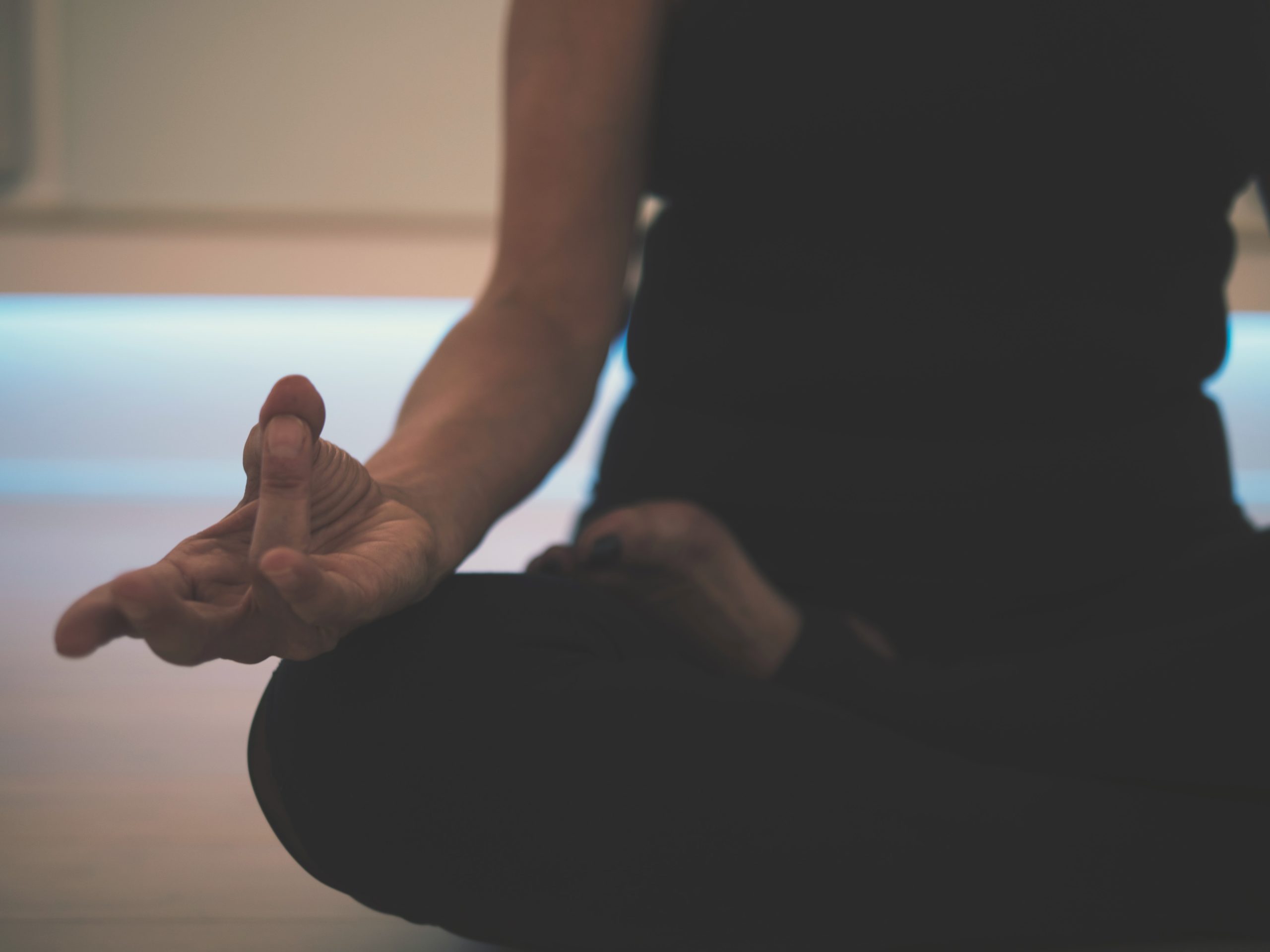
Meditation is often recommended for managing addiction, depression, anxiety, and other mental health challenges. But many people find meditation a difficult activity to conquer, especially in recovery where there are multiple physical and emotional shifts occurring simultaneously. Developing a yoga practice is an excellent way to ease into establishing a mindfulness practice and maintain sobriety for a lifetime.
The Link Between Yoga and Meditation
The idea of meditation — the act of sitting in peace and mindfulness — is appealing to many, However, wanting and achieving this quiet state of transcendence are two very different things. One of the best ways to ease into a meditation practice is by starting with a physical practice first, like yoga.
Yoga is designed for a person to focus on their breath with the intention of centering the mind, forcing practitioners to hold a pose and think only about the body in that position and maintain the stance. Yoga satisfies the urge of those who need to keep moving so they don’t get antsy or distracted, while also making them slow down and become more comfortable with their own being and thoughts without distraction or detachment.
The goal is to be present in the moment and prevent the mind from wandering. The practice of yoga is a natural path to meditation, prepping both the body and mind to be silent and still.
The Role of Yoga and Meditation in the Recovery Process
Holistic rehab focuses on healing a person in their body, mind, and soul to expel and master the pull of drug or alcohol addiction, not only physically but mentally and emotionally. Whole-person recovery is boosted by the practice of yoga and meditation, showing a person in recovery just how powerful their mind is in conquering demons.
Through yoga and meditation, a person working to achieve sobriety will make changes to their body and mind naturally by learning how to regulate their mood, increase both physical and mental strength, and reduce stress, anxiety, and depression.
Decreasing Stress, Depression, and Anxiety
Addiction, at its core, is an ineffective bandage, a way to cover over unpleasant feelings and check out of a reality that doesn’t feel so great. Yoga and meditation, however, are a way to check in to reality, good or bad, acknowledge it and work through it. Own it and conquer it.
The side effects of yoga and meditation have been proven to manage stress hormones like cortisol and adrenaline. When the body has high levels of these hormones, they can be toxic and lead to mood disorders, anxiety, and depression — and, often, people deal with this discomfort by self-medicating with drugs or alcohol. Many people discover in holistic rehab that they have a dual diagnosis and will be undergoing treatment not only for their addiction, but their mental health as well.
Engaging in activities that decrease stress hormones create a blueprint for dealing with the challenges of life in natural ways, rather than through the blanketing and numbing effect of substances.
Benefits of Yoga and Meditation for Sobriety
What regular practitioners of yoga and meditation find is that the benefits of sitting with yourself in quiet and with intent are numerous. You may not feel all the good stuff immediately but there will be benefits right away and, over time, even more perks will reveal themselves — and they will be worth the time, concentration, and dedication.
Above all, a regular mindfulness practice can help prevent relapse by regulating mood, decreasing depression and anxiety, and managing stress. Instead of self-medicating not to feel, yoga and meditation restore a positive relationship with physical sensation and improve thinking and self-worth so you can achieve a calm inner state.
The Path to Deliberate Mindfulness
Through a meditation practice, whether done alone or fostered by yoga, you are taught to observe and train your mind. This deliberate mindfulness focuses on the cause of suffering and supports a person in developing new behaviors.
Spiritual well-being is often the key to breaking the cycle of addiction. A longing for something, for a release from pain or bad memories or heartache or an unstable mind, is often behind addiction. Holistic rehab works to help clients find healthy soothing measures so they can experience clean living and avoid drugs and alcohol.
Learn more about holistic rehab and get the recovery support you need from the therapeutic team at Beachside Rehab. Contact our trained admissions counselors at 866-349-1770 to discuss your individual needs and how luxury rehab can work for you.
